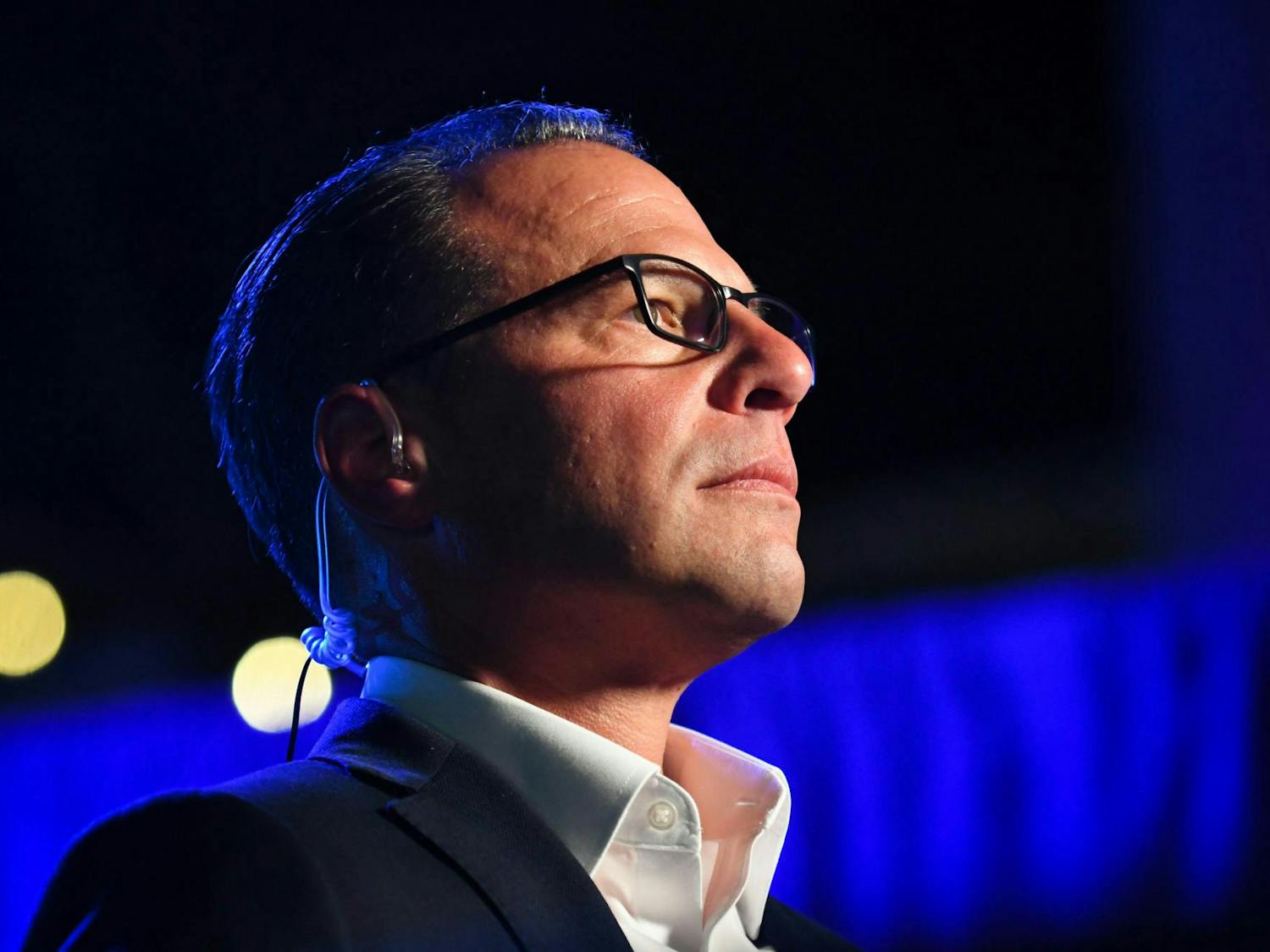If employees strike, the city's subways and buses would be paralyzed. The Southeastern Pennsylvania Transportation Authority and its union continue to leave more than 400,000 riders wondering when the uncertainty over a possible strike will end. Meeting face to face last night for the first time in two days, leaders from the Transport Workers Union Local 234 discussed SEPTA's latest contract proposal with negotiators from the agency. The face-to-face meetings may indicate that negotiations have inched forward since Tuesday night's standstill, when union members stormed out of the downtown hotel where negotiations had been taking place. Still, both sides cautioned yesterday that their flexibility was nearing a breaking point. "To this point I don't think there has been significant movement," said TWU spokesperson Bruce Bodner, adding that the union's "patience is wearing thin." The two sides have been talking since Saturday night, when the union decided to remain at the bargaining table as long as talks were progressing. A strike by the 5,300-member union would shut down most buses, trolleys and subways in the city, forcing passengers to seek out other ways to get around the area. Regional rail lines would not be affected, since those workers are in a different union. One of the main issues still dividing SEPTA and its union is management's desire to suspend employees without wages for work inefficiency, poor work attendance or accidents. Union members favor the existing program, which allows employees to meet with managers to smooth out the problems. Another area of contention is SEPTA's call for a zero-tolerance drug and alcohol policy. SEPTA wants to fire employees after one offense, but union members favor the existing policy of providing rehabilitation and a second chance. The union has also complained that SEPTA wants to strip benefits from employees who have been injured for six months or more, and that management wants to abolish the "safety awards" program that gives good employees monetary gifts. Also, SEPTA wants new employees to begin work at a lower hourly wage and lengthen the amount of time for a wage increase. In yesterday's mid-afternoon briefing, Bodner said the differences between SEPTA management and its union are an example of "class warfare" that's being waged against members of the TWU. But SEPTA's chief strategist David L. Cohen, Philadelphia Mayor Ed Rendell's former chief of staff, denied such allegations. "There's no class warfare here," Cohen said. "The interests that we have expressed and the interests the union has expressed have produced a framework that is to the benefit of the overwhelming majority of the TWU." Cohen added that there has been little material change in SEPTA's most recent proposal to the union. Bodner also said there are still major issues dividing the two sides, indicating that last night's face-to-face meeting will likely not be a make-or-break discussion. He reiterated the union's promise that it would not walk out in the middle of the day. SEPTA reported a decrease in ridership as high as 15 percent this week as a result of anxiety over a possible strike. But Bodner suggested that "SEPTA's ridership is falling off much more than they are reporting." Cohen maintained that SEPTA's proposal to the union would result in a "win-win-win" situation for the union members, the authority and the riders.
The Daily Pennsylvanian is an independent, student-run newspaper. Please consider making a donation to support the coverage that shapes the University. Your generosity ensures a future of strong journalism at Penn.
Donate







